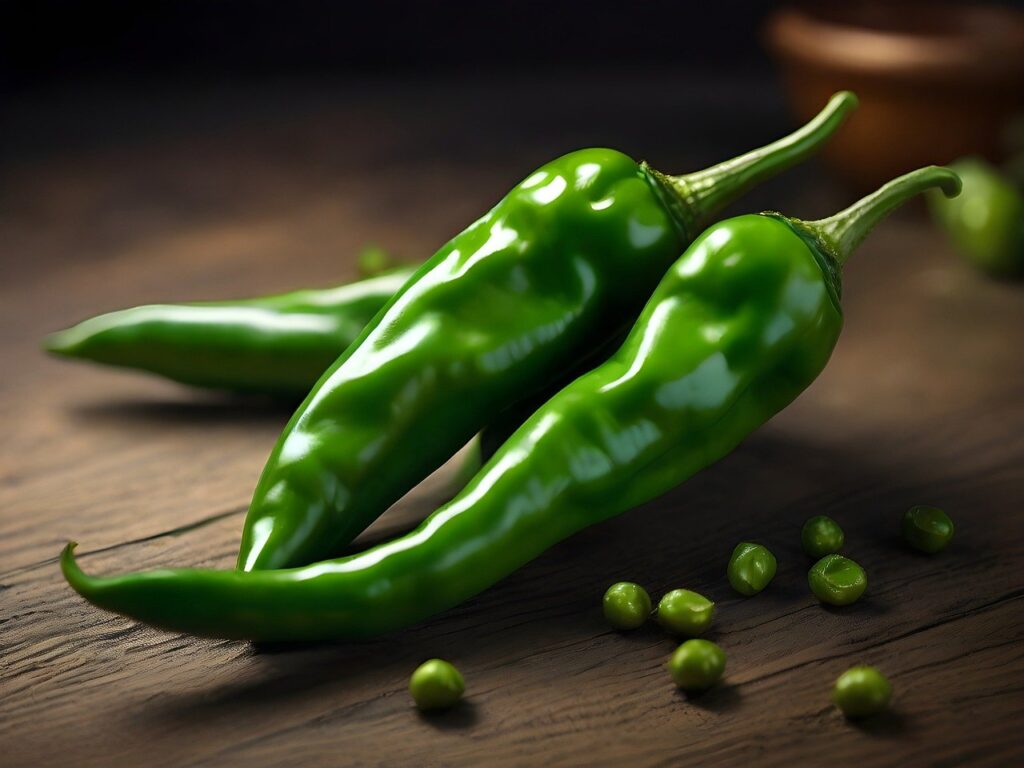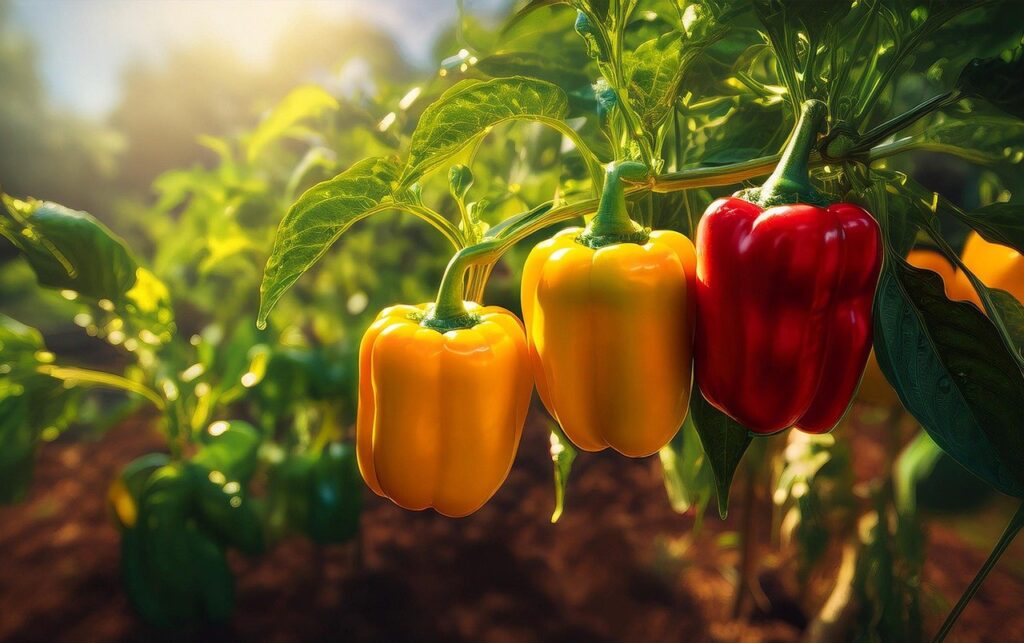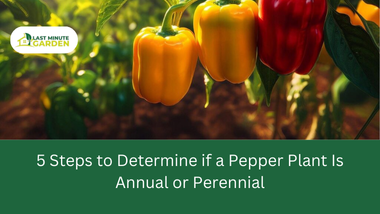Ever wondered why some pepper plants come back year after year, but others fade after one season? Here’s how to tell the difference!
When cultivating peppers, it is important to understand if a pepper plant is annual or perennial. This distinction affects how you care for them, what to expect in terms of growth, and how to extend their productive life.
Some varieties can live for multiple years in the right environment, others also complete their lifecycle in one season. This blog post will highlight the main difference and the steps to determine whether a pepper plant is annual or perennial.
Annual Pepper Plant vs. perennial pepper Plant

Annual plants are plants that complete their entire life cycle in one year. This means they sprout from their seeds, grow to maturity, and produce their own offspring within a year.
Any plant that completes its entire life cycle in a year or less is considered to be an annual plant.
This cycle encompasses seed germination, maturation, flowering, and seed production, after which the plant typically dies.
A perennial on the other hand is a plant whose life expectancy is longer than that of other types of plants. Perennials tend to live for two or more years, coming back year after year during their peak seasons, often larger and with more vibrancy than the previous year.
The stems and leaves of perennials may die back entirely, however, the roots remain intact and the plant will regrow the following year.
Perennials can be initially more expensive than annuals or other plants, however, as they last much longer they give you more value for your money in the long run so long as they’re looked after properly.
Steps to Determine if a Pepper Plant Is Annual or Perennial
Here are the 5 steps to determine whether a pepper plant is annual or perennial.
Step 1: Understand the Natural Lifecycle of Peppers
First, let’s look at how most peppers grow. In their native tropical and subtropical regions, pepper plants are naturally perennial. This means they continue to grow and produce fruit over several years if the conditions remain warm enough.
However, outside these warmer regions, many gardeners treat peppers as annuals due to the cooler temperatures that cause them to die back after one growing season.
The key difference in a pepper plant’s annual or perennial nature often comes down to climate. If grown in frost-free areas, your plant might have the chance to keep producing for multiple years.
In contrast, regions with cold winters will see these plants succumb to frost, acting like annuals.
Step 2: Observe the Plant’s Behavior and Growth Cycle
The second step in determining if your pepper plant is annual or perennial is through careful observation over time. Watch how your plant reacts to changes in temperature and daylight throughout the growing season and as winter approaches.
If your plant shows signs of dormancy instead of dying off completely, it may be behaving more like a perennial.
For instance, if the leaves begin to drop, but the stem remains green, your plant may enter a dormant state, waiting for warmer weather to resume growth.
This behavior indicates a perennial nature, even if grown in a cooler climate. Conversely, if the entire plant withers and the stem turns brown after the first frost, it has likely completed its lifecycle as an annual.
Another indicator to observe is the plant’s response to pruning. Perennial peppers tend to bounce back from pruning with new growth in the spring, whereas annuals won’t regenerate after being pruned back once their lifecycle is complete.
Step 3: Identify the Specific Variety of Pepper

Different pepper varieties have varying tolerances to cold, which can influence their lifespan. Hot pepper varieties, like habanero and ghost peppers, tend to be more cold-sensitive, and more likely to act as annuals in borderline climates.
On the other hand, varieties like bell peppers and some mild chilies can sometimes tolerate a bit more cold, and increase their chances of surviving for another year in milder climates.
If you’re uncertain about your variety, check the seed packet or plant tag. Many seed companies provide information on cold tolerance, which gives you a clue about its potential longevity.
Step 4: Learn About Overwintering Techniques
Even in cooler climates, you might extend the life of your pepper plants through a process called overwintering. This involves moving your plant indoors or to a protected space to avoid the freezing temperatures that typically kill it.
To overwinter a pepper plant, dig it up carefully before the first frost and transplant it into a pot.
Place it in a location where it will receive ample sunlight. Reduce watering and allow the plant to rest during winter months. Once spring arrives and temperatures warm up, you can replant it outside.
Overwintering doesn’t guarantee success, but it can shift your pepper plant from behaving as an annual to acting more like a perennial. This method works best with smaller varieties of peppers since larger plants can struggle with transplanting.
Step 5: Recognize Climate and Growing Zone Influence
The second step in determining if your pepper plant is annual or perennial is through the climate where you plant your pepper. Peppers are native to warm climates, and they need consistent warmth to survive year-round.
Growing peppers in zones 9 to 11 allow for the perennial growth of pepper plants, as they rarely face freezing temperatures. In these zones, plants like bell peppers, chili peppers, and jalapeños can live through winter, entering a dormant phase before continuing their growth.
However, in cooler zones (zones 2-8), winter temperatures drop below freezing, leading to the end of their growing cycle. In these cases, your pepper plant will act more like an annual.
Look up your USDA hardiness to find out if your area supports a pepper plant annual or perennial lifecycle zone and compare it with the requirements of the specific pepper variety you are growing.
Final Thought
The nature of whether a pepper plant is annual or perennial can help you optimize care for your garden. Pepper plants that can live multiple years in tropical climates are often treated as annuals due to cold weather.
However, with proper care and some creative techniques, it’s possible to extend their lifespan and enjoy fresh peppers beyond a single season.
Visit our website, Lastminutegarden.com and learn more.





